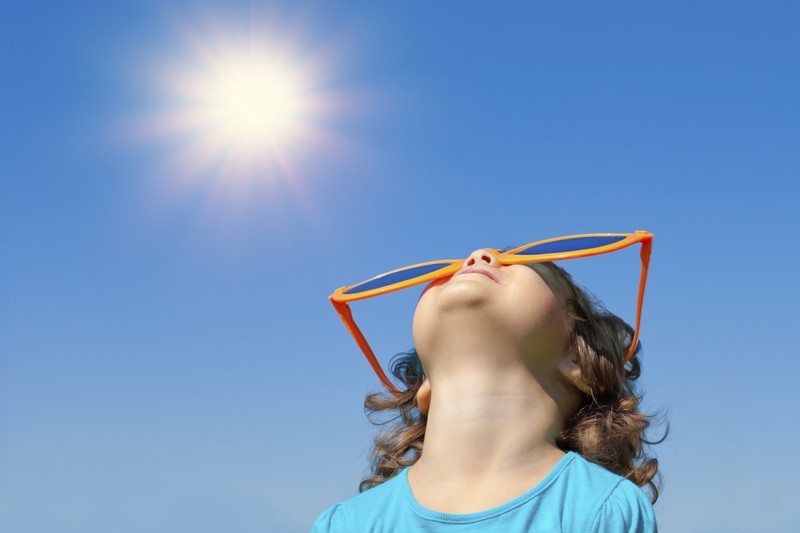Stay safe in the summer sun and avoid heat-related illnesses

From beach time to backyard barbecues, yearly vacations to yard work, the warmer weather brings with it a slew of outdoor activities under the sun. But the long, hot days can also bring extremely high temperatures. While you may have mastered the art of applying sunscreen, do you know how to handle the heat and avoid sun-related illnesses like heat exhaustion and heat stroke?
Excessive heat can be stressful for the body. The higher the temperature and the more prolonged the exposure, the more dangerous. Very young children and the elderly are most at risk, though anyone can be susceptible to heat-related illnesses.
According to experts with EVMS Family and Community Medicine, it’s important for those exposed to high summer temperatures to drink more water than usual, especially when working or exercising outside. The body loses fluids through sweat, so you can easily become dehydrated in scorching heat. If you wait until you’re thirsty, experts say, your body is already in need of more fluids.
Other heat safety tips include:
- Wear lightweight, light-colored and loose-fit clothing.
- Limit your outdoor activities, like exercise, during the hottest parts of the day.
- If possible, save working and exercising outside for early morning or early evening hours when the temperature is lower.
- Stay in an air-conditioned area as much as possible. If you don’t have air conditioning, visit local public venues like libraries and malls.
- Use a cold, damp cloth to cool down the skin, or take a cool shower.
- Pace yourself when venturing outside. Start off slow and take frequent breaks in the shade to ensure your body doesn’t overheat.
Too much work or fun in the hot summer sun can lead to more than just a sun burn. Scorching temperatures can also cause heat exhaustion and heat stroke, so it’s important to know the warning signs.
According to Brian Budenholzer, MD, Associate Professor with EVMS Family and Community Medicine, those who must be outside for long periods of time on extremely hot days should watch for signs of heat exhaustion. Symptoms such as heavy sweating, headache, weakness, dizziness, nausea and pale clammy skin can indicate possible heat exhaustion.
To help alleviate heat exhaustion, move into a cooler place and loosen clothing. You can use a cold cloth on the back of the neck or under your arms, Dr. Budenholzer says, to help lower your body temperature. Small amounts of water will help you rehydrate and also cool you down.
Heat stroke signs include a high body temperature (above 103°F), hot, red skin and possible unconsciousness. If you believe someone is suffering from heat stroke, it’s important to remove them from the heat and to call 911.